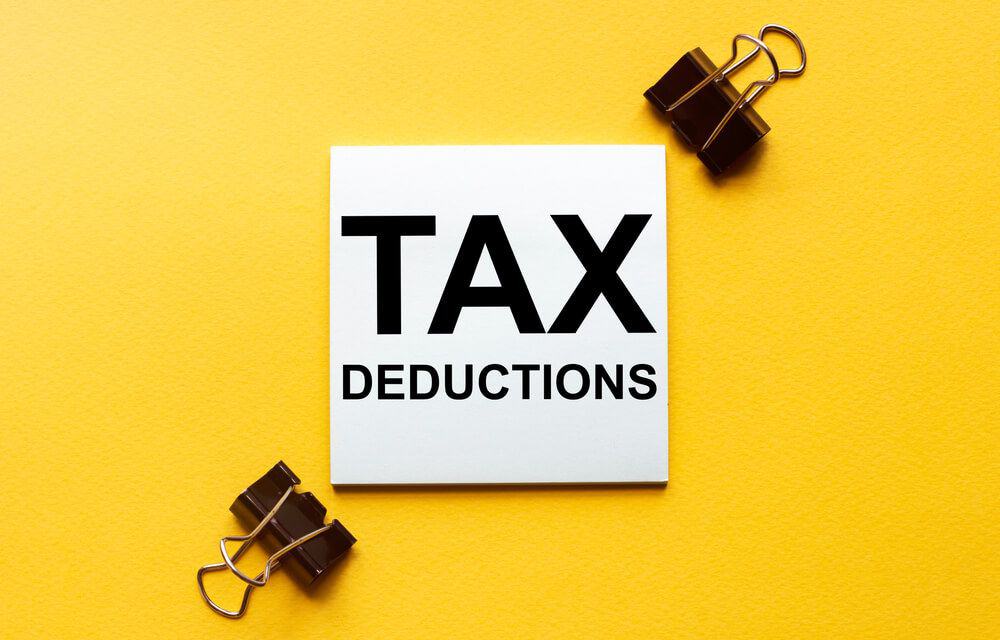
Selling a property anywhere in the world comes with the responsibility of paying tax. The Income Tax rule in India mentions that an Indian national is responsible to pay tax on selling property in India. Tax on house property is based on the holding period (number of years from the date of purchase) and the cost of acquisition or capital gains (profit) earned from the sale.
The above rule is also applicable for NRI selling property in India. Discussed below in this article are the various tax implications for NRIs selling property in India and TDS on the sale of property by NRI. But before we get to the core, let’s clear off a few basics first, starting with the understanding of a holding period.
What Is a Holding Period ?
The holding period is the number of years in which the property is owned. The holding period determines the tax on selling property in India by an NRI. The tax rate on the capital gains is lower if the holding period of the property is long-term, and the tax rate on the capital gains is higher if the holding period is short-term.
Under the new rules in India, if a property is sold after two years from the date of purchase, it will attract long-term capital gains tax, and a property sold before two years from the date of purchase will attract short-term capital gains tax.
TDS on Sale of Property by NRI

The government has made buyers responsible for deducting various taxes on property purchased from NRI and this was done to track the Indian resident buyers in case of fraud because it is not so easy to track the NRI sellers.
If a property is purchased from a resident Indian, the buyer is responsible to deduct 1% of the deal value as TDS (tax deducted at source), if the total cost of the property is more than Rs 50 lakhs.
If a property is purchased from an NRI seller, the buyer has to deduct and submit an amount that includes both, TDS and long-term capital gains or short-term capital gains to the income tax authorities. This has to be done even if the cost of the property is less than Rs 50 lakhs.
Capital Gains Tax For Property Sold By NRI

- TDS On Sale of Property by NRI (Long-Term Capital Gain) – If the transaction made on the sale of property in India is considered to attract long-term capital gains, a tax rate of 20% will be applicable on the sale. The NRO selling property in india has to pay 21% tax on the sale amount and not the profit money as long-term capital gains. The NRI has to undergo a lengthy process to claim a refund.
- TDS On Sale of Property by NRI (Short-Term Capital Gain) – If the transaction made on the sale of the property is considered as a short-term capital gain, 30% of the money earned as profit has to be paid in taxes.
Example– If an NRI selling property in india, that was purchased at Rs 75 lakh for Rs 1 crore, within one-and-a-half years from the date of purchase, the NRI will have to pay 30% or Rs 7.50 lakhs of the Rs 25-lakh profit, as short term capital gain.
TDS On Sale of Property by NRI: How Can An NRI Save On Capital Gains Tax?
An NRI is allowed to claim exemptions under section 54, Section 54EC and under Section 54 F on long-term capital gains from the sale of house property in India.
TDS On Sale of Property by NRI: Tax Deduction Under Section 54
- The tax deduction under Section 54, is available only for residential or house property and not commercial ones.
- The entire amount that is paid as long-term capital gains by the NRI can be claimed as a refund under Section 54 of the Income Tax, only if the NRI invests an equal amount in purchasing another property.
- The other property investment from an NRI has to be made within a limited time, which is one year before the date of sale or two years after the date of sale of the previous property to claim the tax benefit under Section 54 of the Income Tax Act.
Terms And Conditions To Claim Tax Deduction Under Section 54
- In the financial year of 2014-15, it was clarified that only one house property can be purchased or constructed from the capital gains, to claim an exemption Under Section 54.
- From the assessment year 2015-16, the purchase of new house property must be in India.
- The exemption under Section 54 shall not be available for the NRI who has bought or constructed properties outside India to claim this exemption.
- The rebate would stand retracted if the new property is sold within three years of its purchase.
- The exemption can be taken back if an NRI sells this new property within 3 years from the date of purchase.
Tax Deduction Under Section 54EC

- Under Section 54EC if an NRI sells a long-term asset, he can save the tax money on long-term capital gains by investing in certain bonds.
- If the NRI invests the money from capital gains in bonds of the National Highway Authority of India and Rural Electrification Corporation, within six months from the date of sale, he will be exempted from the capital gains tax.
Terms And Conditions To Claim Tax Deductions Under Section 54EC
- An NRI cannot claim this investment under any other deduction.
- For an NRI to claim this rebate, he will have to invest before the due date for filing the tax returns.
- The Budget of 2013-14 has capped an upper limit of Rs 50 lakhs in a financial year, for investing in these bonds.
Tax Deduction Under Section 54F

- Exemption under Section 54F is available to the NRI when there is a long-term capital gain on the sale of any capital asset other than a residential house property.
- For an NRI to claim this exemption, he has to purchase one house property, within one year before the date of transfer, or 2 years after the date of transfer, or construct one house property within 3 years after the date of transfer of the capital asset.
- The tax rebate would stand retracted if the house property is sold within three years of its purchase or construction.
Terms And Conditions To Claim Tax Deductions Under Section 54F
- The entire sale receipt must be invested by the NRI. If the entire sale receipt is invested then the capital gains are fully exempted.
- If only a part of the sale receipt is invested by the NRI, the tax liability would arise in proportion to the non-invested part.
- The NRI should not buy any property, except the one he has purchased.
- An NRI should not make any new purchases within two years of buying a new house or three years of constructing the new house.
RBI Approval For NRIs Selling Indian Properties
Under Section 31 of the Foreign Exchange Regulation Act, 1973, people who are not Indian citizens and companies which are not incorporated in the country, are required to get prior permission of the RBI to acquire, hold, transfer or dispose of an immovable property here.
Tax Implication On NRIs Selling Property In India FAQs
1. What is the capital gains tax for NRI ?
A long-term capital gain earned by NRIs is subject to a TDS of 20%. NRIs are allowed to claim exemptions under Section 54, Section 54 EC, and Section 54F on a long-term capital gain.
2. How can an NRI avoid paying tax on selling property in India ?
Under Section 54EC if an NRI sells a long-term asset and invests the amount received from capital gains in bonds of the NHAI and REC, within six months of the date of sale of a property, the NRI will be exempted from paying capital gains tax on the sale of a property in India.
3. Can an NRI sell any type of property ?
Agricultural property and farm property cannot be sold. Only commercial and house property can be sold by a non-resident Indian.
4. Where to apply for a TDS deduction certificate ?
You can apply for a certificate for deducting TDS at a lower rate with the Jurisdictional Assessing Officer of the Income Tax department.
5. What are the documents required by the NRI to sell a house property ?
Passport, PAN Card, Sale Deed, Tax Returns, Encumbrance certificate are the documents that are required by the NRI to sell a house property.




